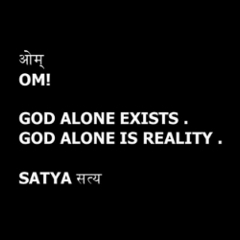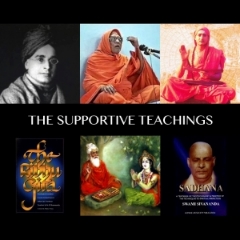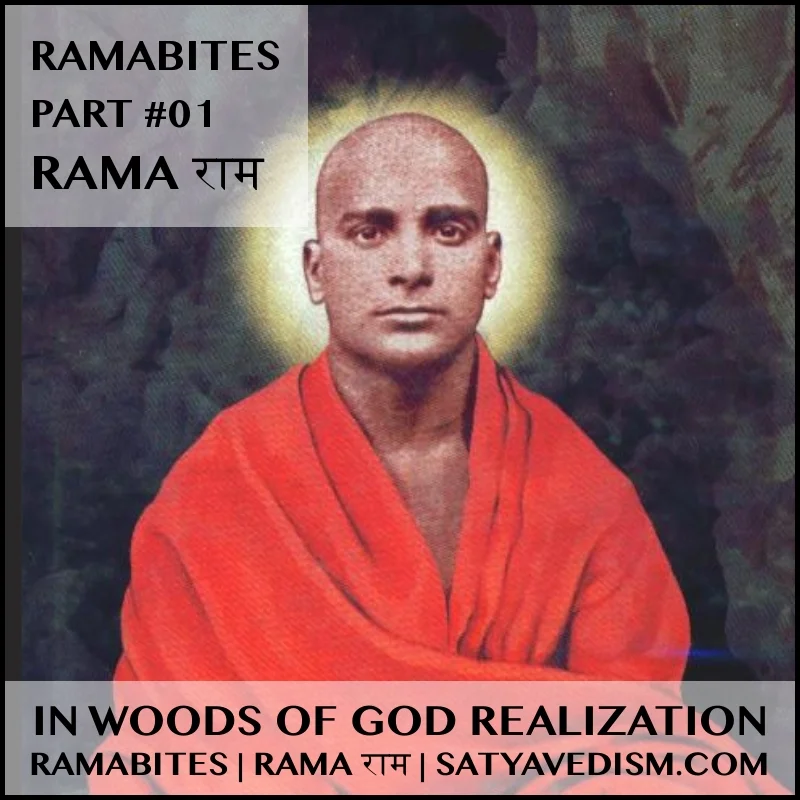BHAGAVADGITA | 13.27 | AMOETD
| | homeBHAGAVADGITA | 13.27 | SRI ADI SANKARACARYA
samam sarveṣu bhutesu tisthantam paramesvaram
vinasyatsv avinasyantam yah pasyati sa pasyati || 13.27 ||
13.27 One sees who sees the Supreme Lord as existing equally in all beings , and as the Imperishable among the perishable .
|| BHASYA || Sah , one ; pasyati , sees ; yah , who ; pasyati , sees :— whom ? — parameswaram , the Supreme Lord — the Lord who is Supreme as compared with the body , organs , mind , intellect , the Unmanifest and the individual soul ; as tisthantam , existing , having ITs presence ; samam , equally , without distinction :— where ? — sarvesu , in all ; bhutesu , beings , all living things from Brahma to the non-moving :— one who sees IT existing equally in all living things .
The Lord specifies them by the word vinasyatsu , among the perishable ; and IT also specifies IT , the Supreme Lord , by the word avinasyantam , the Imperishable .
This is meant for showing the absolute difference between the living things and GOD .
How ? For , all the modifications * of an existing thing have as their root that modification of an existing thing described as birth .
All other modifications of existing things that follow birth end with destruction .
After destruction there is no modification of an existing thing , because the object itself becomes nonexistent . Indeed , qualities can exist so long as the thing qualified exists .
Therefore , by the reiteration of the absence of the last modification of an existing thing , all its preceding modifications become negated along with their effects .
Hence it is established that the Supreme Lord is very greatly different from all beings , and is also Unconditioned * and One .
One sees who thus sees the Supreme Lord as described .
OBJECTION : Is it not that all people see ? What is the need of specification ?
REPLY : True , they see ; but they see contrarily ! Hence the Lord specifies , " One alone sees " .
As in comparison with one who , suffering from the ( eye ) disease called Timira , sees many moons , the person who sees one moon is distinguished by saying , " One alone sees " .
Similarly , here as well , the person who sees the One Undivided Self as described above is distinguished from those who contrarily see many and differentiated selves , by saying " One alone sees " .
Others , though seeing , do not see because they see contrarily like the person who sees many moons .
This is the meaning .
( NOTES : * See note 3 on p 38 . — TR : Birth , continuance , growth , transformation , decay and death . | * Free from all modifications that things are subject to . )
|| UPADESA SAHASRI : A METHOD OF ENLIGHTENING THE DISCIPLE || I.I.6 || COMPLETE AMOETD SERIES ➤➤ | INTRODUCTION ➤➤ ||
|| THIS SCRIPTURE SERIES SOURCE || ➤
|| 1 || http://www.SATYAVEDISM.com ||
|| 2 || http://bit.ly/SRIADISHANKARA ||
http://www.SATYAVEDISM.com/shankara/amoetd/
SOURCE | SATYAVEDISM.ORG



































































































